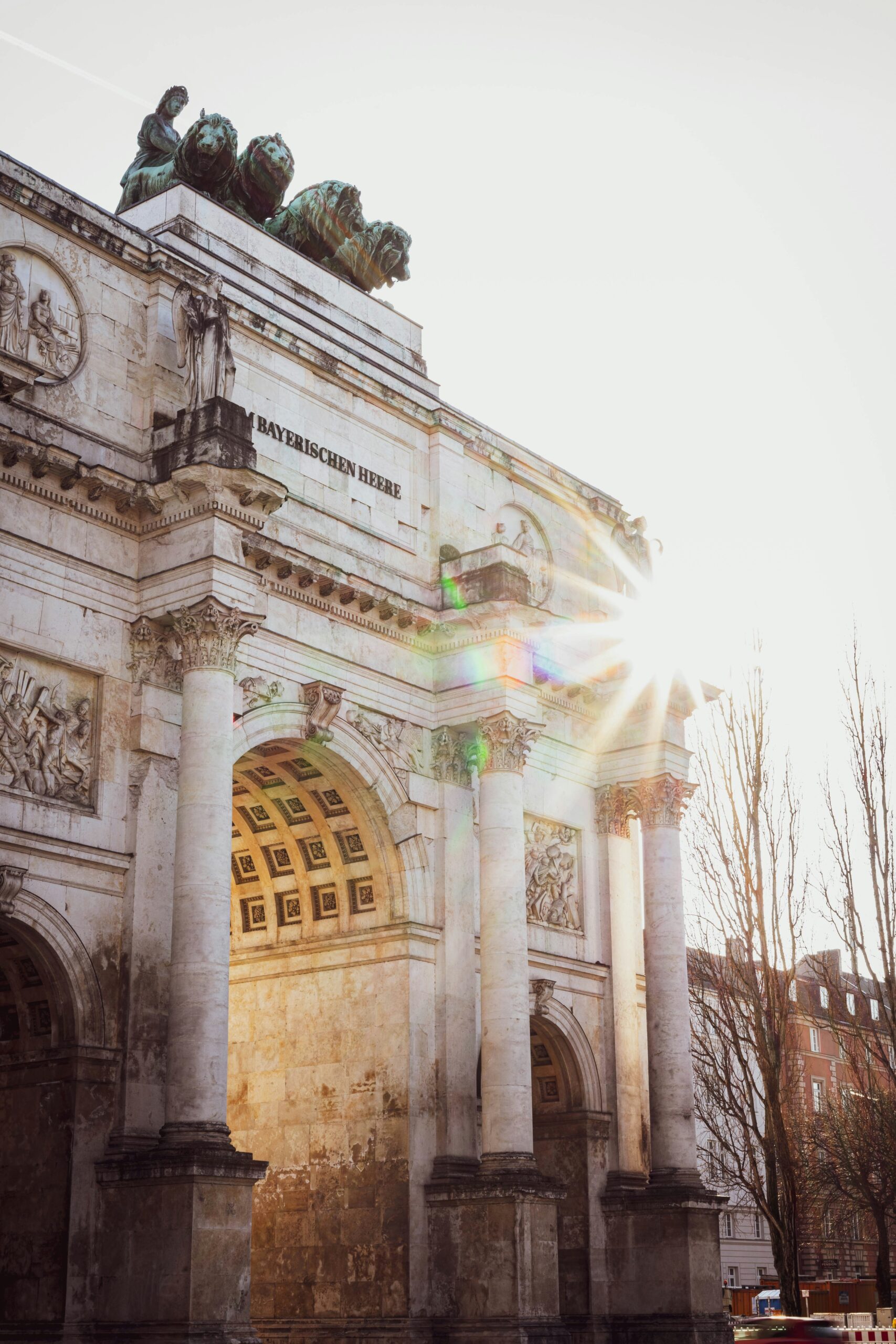Over sixteen months ago, I would never have imagined my life now. It all started with discontent. But let me be clear that even then I knew I had everything to be grateful for so much that sometimes I ignored that there was a problem. Because despite everything, there was something else lacking, something essential. I guess that was the point when I asked myself, is this all there is to it? How vain could life be?
The mass of men lead lives of quiet desperation.
Henry David Thoreau
My life revolved around my job as a corporate scientist for 10 years. It was a fulfilling job. Very much so. Overall it was a good life running for many years until a certain point when it became good, but not very well lived. You see, there is a difference. Towards the last couple of years in my home country’s financial district, my routine involved accumulating stuff, a compulsive fitness schedule and living for the next well-deserved travel when time permits. Plus an eternity of inescapable pointless metropolis chatter. Is this the coveted empty lifestyle of the young urban professional?
Discontent ensues. Did I just buy into that performance review? Do I want to have a family someday? There were times when it became paralyzing, I wouldn’t get out of bed. Skipping work, I couldn’t do anything except think and starve myself. I would get over this after a few days. But then it resurfaces. It was like this with each year getting more intense than the last. What is this pervading busyness about? What is this endless pursuit for?
Lee Stringer wrote in his essay “Fading to Gray”:
Perhaps what we call depression isn’t really a disorder at all but, like physical pain, an alarm of sorts, alerting us that something is undoubtedly wrong; that perhaps it is time to stop, take a time-out, take as long as it takes, and attend to the unaddressed business of filling our souls.
I thought I’d set out to do something meaningful not for anyone but for myself. Devoid of society’s expectation and that pressure to climb through the questionable ladder of success, secretly, I planned on going on a one-year break, perhaps a sabbatical to volunteer. I thought about getting lost in travels to gain perspective. I applied for studies abroad for personal growth. I brainstormed on possible “soulful” startups I could do to create a difference. I searched for people and met them in ad-hoc lectures.
Then Munich called.
Still, I carried all the questions. Over time, I discovered even more and tried to answer them. It wasn’t easy. Most of the time, I had to accept that there were no answers and that I just had to navigate through the confusion as gracefully as I can. In my wanderings, I came across the words of Rilke and found solace in them:
I beg you, to have patience with everything unresolved in your heart and to try to love the questions themselves as if they were locked rooms or books written in a very foreign language. Don’t search for the answers, which could not be given to you now, because you would not be able to live them. And the point is to live everything. Live the questions now. Perhaps then, someday far in the future, you will gradually, without even noticing it, live your way into the answer.
Truth is answering to study in Munich was the best and preferred option there was. It was a year or so in the making. Back then, I built some kind of structured decision-making tool to get me through this uncertain phase. It was amazing how effective the exercise was. It forced me to examine my motivations. I made weighted scores of alternative paths and addressed possible false assumptions and biases.
In the end, I’m grateful I went through the trouble of serious scrutiny, of allowing to be truly honest with myself. And as I did it, I was acutely aware of the privilege to have existentialist questions to guide me when in other parts of the world, people couldn’t care less about options because they have to attend to the business of basic survival. Now, I am living what I had set out to do in paper. And over a year into it, that gnawing discontent had been waning.
How about we get back the time we lost? From countless hours we sat in meetings and conferences? From hours wasted in traffic? From long queues to the cashier to pay for the stuff we accumulate? How about we stop rushing and live now deliberately? And love like we never did before?
Then there were all the additional wonderful things that this opportunity offered me such as, well, unexpectedly getting married (and still happy about it–this has always been a private joke between us and friends asking about us). It was again, a kind of silent gratitude, an affirmation to life.
Of course it came with a price. Huge tradeoffs. All that was familiar and comfortable was gone which gave way to settling into a new kind of familiarity and comfort. Much is unsaid and yet people who did it can attest that uprooting oneself from one’s country and settling down in an entirely new culture with an entirely new language and an entirely new climate 6 thousand miles away from what has long been considered home is not a smooth cruise.
But for all the trouble and anxiety it caused, I would do this all over again if I had to. After all, leaving everything behind taught me to deal with uncertainty. It was liberating to somehow get away from social constructs I grew up with. And perhaps not surprisingly, it showed me that it is still allowed to live with much, much less–ornaments, titles, noise and whatnot that I was happier for it. But it is an evolving practice to live quietly and simply in every sense of the word, to subscribe to universal economy, to say only what we have to, to own only what we need, to do only what is necessary in a given time.
Alan Lightman in The Accidental Universe wrote:
Beauty and symmetry and minimum principles are not qualities we ascribe to the cosmos and then marvel at in their perfection. They are simply what is… Symmetry is also economy. Symmetry is simplicity. Symmetry is elegance.
And what if from the beginning, I had instead ignored the recurrent discontent? It seemed easier to stay with the status quo, to sink even more snugly in the comfort zone. It is understandable. After all, what’s there to change when it already is a good life? The truth is it it doesn’t hurt if you try to make it better, and to define better in your own terms. At hindsight, longstanding recurrent discontent to me enables us to what Lee Stringer said it best: attend to the unaddressed business of filling our souls.
I took the road less traveled and it is an enchanting walk.


